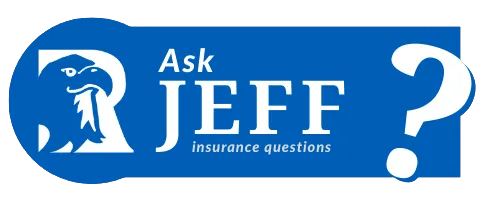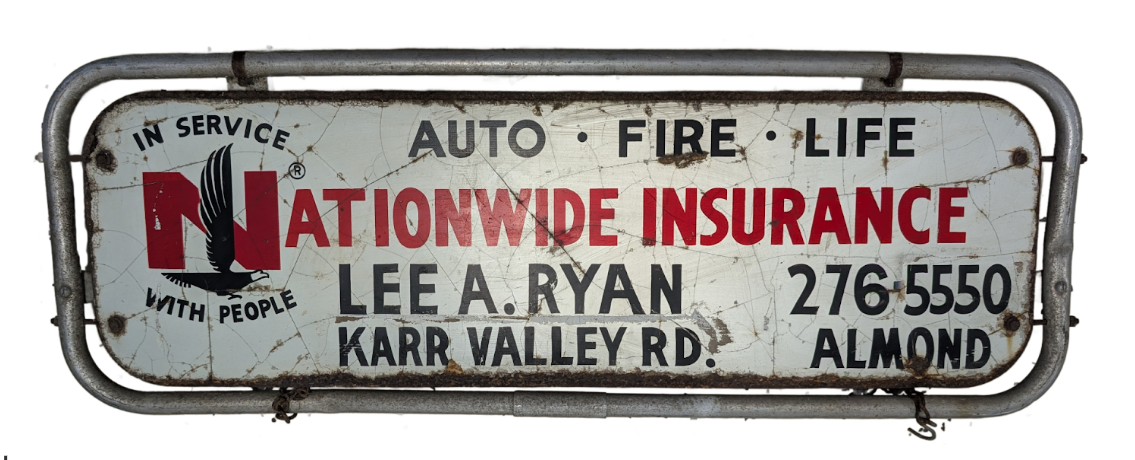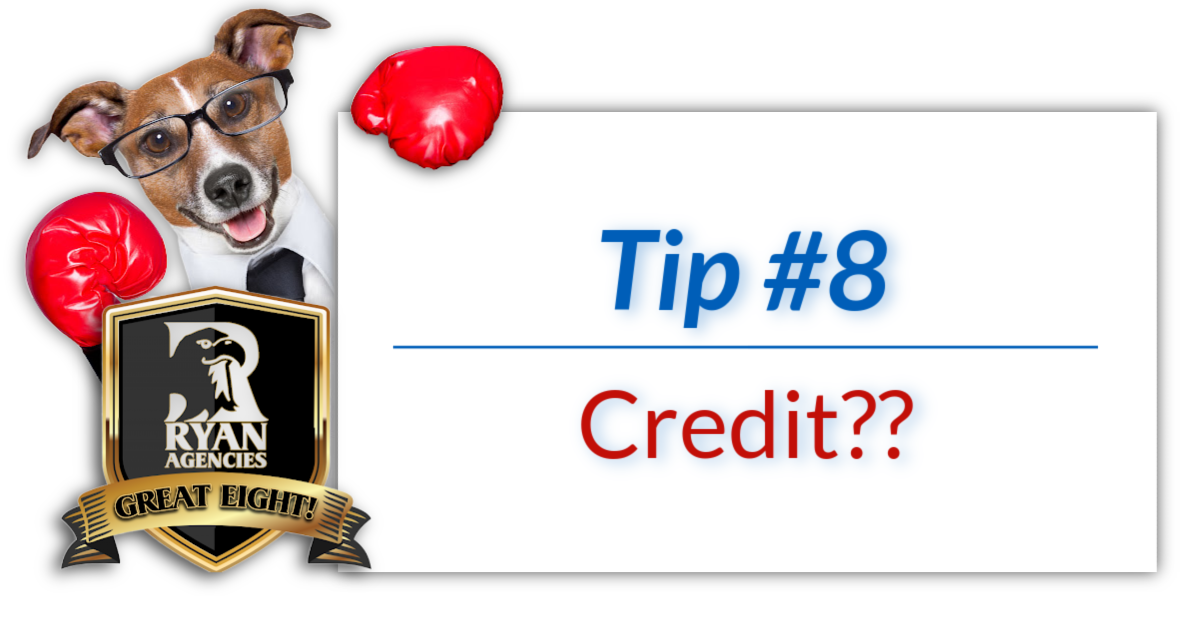-------------------------------
“Ask Jeff" is a weekly post made on the RyanAgency.com Blog.
Submit an insurance-related question to “Ask Jeff”.
-------------------------------
555-555-5555
mymail@mailservice.com
contact us today
The result is that everyone pays more through higher insurance rates, which many statistics suggest could account for up to $400 to $700 per year for the average insurance customer. In an environment where inflation has already taken a significant bite out of everyone's insurance budget, it is incumbent upon all of us to address the problem.
Fraud happens in various forms, from staged auto accidents to exaggerated homeowners' claims and fraudulent workers' compensation filings.
Auto insurance bears a significant burden, with over $20 billion lost to premium leakage each year due to application misrepresentations. Underreporting mileage and omitting drivers will result in over $10 billion in costs annualy. Fraudulent bodily injury claims further inflate premiums.
Homeowners' insurance fraud often increases after natural disasters, with exaggerated losses. In some high-risk states like Florida, fraudulent contractor schemes and post-disaster claims drive up premiums. The result is a national average homeowners' insurance cost of $2,300 per year (for $300,000 in coverage). Fortunately, our area's average rates are
much lower.
Business insurance faces similar challenges. Workers' compensation results in false injuries or misclassification of workers to reduce premiums.
At the risk of sounding overly pessimistic, the trend is worsening. Sixty percent of insurers report an increase in fraud over the past three years, driven by economic pressures and increasingly sophisticated schemes (Forbes, 2025).
What Consumers Can Do to Fight Insurance Fraud
Consumers play a crucial role in combating insurance fraud, beginning with vigilance and heightened awareness. Recognizing signs of fraud is essential—be cautious of unsolicited offers, pressure to sign assignment of benefits forms, and requests for personal information.
Another critical step is to protect your data. Many fraudulent claims are committed by stealing your identity. Avoid sharing your sensitive information with illegitimate sources. Use a reputable password manager and, whenever available, multi-factor authentication on websites.
Keeping your policy information up to date and accurate, and stored in a secure place, helps protect you from fraudulent claim activities. Consumers should also report suspected fraud to the Insurance Fraud Bureau (IFB) or
NAIC's online system, as underreporting hinders enforcement. Purchasing identity theft or cyber insurance can provide additional protection against fraud-related losses.
The Role of Independent Agents
As an Independent Agency, the Ryan Agencies are on the front line of defending against insurance fraud. We work with you, our clients, to ensure we properly verify information, cross-check details and work to rectify inconsistencies.
The Role of Insurance Companies
With the increasing use of Artificial intelligence, insurance carriers are now utilizing data mining to detect fraud trends. Deloitte predicts that AI as a fraud detection tool can save P&C insurers over $100 billion by 2032 in the battle against fraud.
A Call to Action
As can be seen, fraud costs us a significant amount each year. To help mitigate the impact on premiums, it is essential that insurance consumers remain vigilant, protect their data, and report any suspected fraud. At the same time, independent agents and insurance companies can utilize education, technology, and advocacy to protect their clients. Together, we can reduce the $300 billion per year fraud burden and create a more affordable insurance landscape.
Some Sources:
Insurance fraud is estimated to cost over $300 billion annually across all sectors, with the Property and Casualty (P&C) sector alone contributing nearly $50 billion to this total.
Insurance fraud directly impacts consumers by leading to higher insurance rates. Statistics suggest that this could add between $400 and $700 per year to the average insurance customer's costs.
There are various forms of insurance fraud, including staged auto accidents, exaggerated homeowners' claims, fraudulent workers' compensation filings, application misrepresentations in auto insurance (like underreporting mileage or omitting drivers), exaggerated losses after natural disasters, fraudulent contractor schemes, false injury claims in workers' compensation, and misclassification of workers to reduce premiums.
The trend is worsening due to economic pressures and increasingly sophisticated fraudulent schemes. Sixty percent of insurers have reported an increase in fraud over the past three years.
Consumers can combat insurance fraud by being vigilant and aware of potential signs of fraud, such as unsolicited offers or pressure to sign assignment of benefits forms. Protecting personal data, keeping policy information accurate and secure, and reporting suspected fraud to organizations like the Insurance Fraud Bureau (IFB) or the NAIC's online system are also crucial steps. Purchasing identity theft or cyber insurance can offer additional protection.
Independent agents are on the front lines of defending against insurance fraud by working with clients to verify information, cross-check details, and rectify inconsistencies, ensuring proper and accurate policy information.
Insurance companies are increasingly utilizing Artificial Intelligence (AI) and data mining to detect fraud trends. Deloitte predicts that AI as a fraud detection tool could save P&C insurers over $100 billion by 2032 in their fight against fraud.
The call to action emphasizes that addressing the $300 billion annual fraud burden requires a collective effort. Insurance consumers should remain vigilant, protect their data, and report suspected fraud. Simultaneously, independent agents and insurance companies can leverage education, technology, and advocacy to protect their clients, with the goal of creating a more affordable insurance landscape.
The content in this article, including the podcast and FAQ, was created by the staff at The Ryan Agency, with portions generated using artificial intelligence. This information is for general informational purposes only and should not be relied upon as professional advice. For guidance specific to your situation, please consult your policy documents and an insurance professional. The Ryan Agency, Jeff Ryan, and our staff expressly disclaim any liability for actions taken or not taken based on this content without consulting your policy or an insurance professional.
About the Author: Jeff Ryan has been a licensed insurance agent since 1978, later becoming a full-time insurance professional in 1983. Since then, he has been the principal of The Ryan Agencies with offices in Hornell, Jasper, and Wellsville. The agencies serve approximately 15,000 clients in New York and Pennsylvania. Jeff holds numerous credentials including the Chartered Property & Casualty Underwriter (CPCU), Certified Insurance Counselor (CIC), Accredited Advisor in Insurance (AAI), Chartered Life Underwriter (CLU), and Chartered Financial Consultant (ChFC) designations. He holds a Master's Degree from the American College. Jeff enjoys writing about all things insurance and welcomes your questions and feedback.

-------------------------------
“Ask Jeff" is a weekly post made on the RyanAgency.com Blog.
Submit an insurance-related question to “Ask Jeff”.
-------------------------------

This article may have been originally published at Quora.com.
To see Jeff's Quora.com profile click here.




Service@RyanAgency.com
Hornell: 607-324-7500
Jasper: 607-792-3800
Wellsville: 585-593-4244